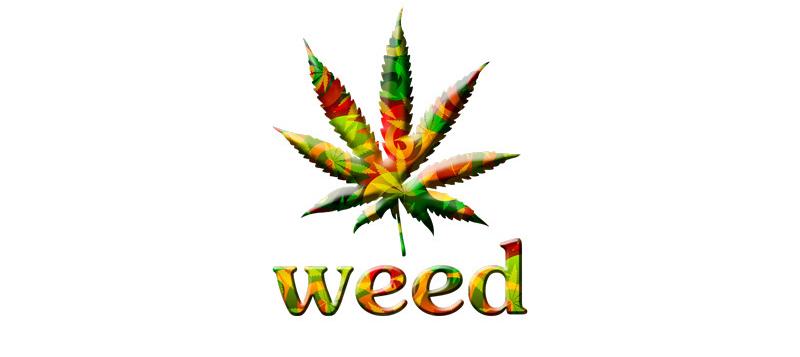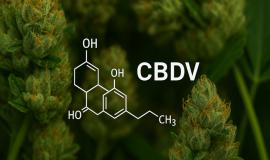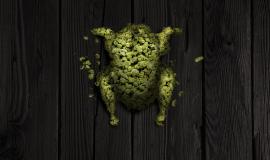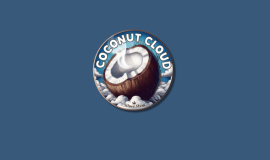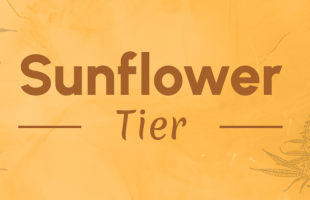The Evolution of Cannabis Slang
Discover the fascinating history of cannabis slang and how words like 420, weed, and ganja shaped the plant’s culture over the years.
Cannabis culture has undergone tremendous transformation over the years, and with it, the language surrounding it has evolved. Slang terms for cannabis like “420,” “blunt,” “joint,” and “pot” have become embedded in pop culture. The words we use not only reflect the times but also shape how society perceives the plant. Let’s explore the fascinating history and origins of these terms and see how they continue to influence cannabis culture today.
The Meaning of 420
The term “420” is arguably the most famous in cannabis culture. It originated with a group of California high school students in the 1970s, who used it as a code for meeting at 4:20 PM to smoke. Today, 420 is celebrated worldwide as a cannabis holiday on April 20th. The story behind the term has been told in many ways, but its influence remains undeniable.
For more about the origins of this cannabis holiday, check out our full article: Everything You Need to Know About 420.
Blunts and Joints – The Cultural Divide
Both “blunt” and “joint” describe different ways to consume cannabis, but they carry distinct cultural meanings. A blunt refers to cannabis rolled in a cigar wrap, while a joint uses thinner, cigarette-like rolling papers. The terms originated from urban communities and became widespread through hip-hop and pop culture, influencing modern cannabis consumers.
READ MORE: Weed in Music – Lyrics That Celebrate Cannabis
Pot – The Word that Stuck
The word “pot” has been around for decades and likely comes from the Spanish phrase “potación de guaya,” referring to a cannabis-infused drink. During the 20th century, it became a catch-all term for marijuana. Over time, however, “pot” has become less fashionable, with more consumers now opting for terms like “flower” to describe the plant in its natural form.
READ MORE: How Cannabis Influenced Pop Culture – From Bob Dylan to Miley Cyrus
Marijuana – A Word with a Complicated Past
The word “marijuana” carries a controversial history, rooted in anti-cannabis propaganda. In the 1930s, the U.S. government and media used the term to associate the plant with Mexican immigrants, aiming to stoke fear and promote prohibition. This campaign contributed to the negative stigma that cannabis still fights today. While “marijuana” is legally recognized in many states, the industry now prefers more neutral terms like “cannabis” or “flower.”
Weed – The Modern Mainstay
“Weed” has become one of the most popular and enduring slang terms for cannabis. Emerging in the 1960s, the term gained widespread use as cannabis culture grew, especially during the countercultural movements of the '60s and '70s. Today, “weed” is a casual, familiar term that reflects the mainstream acceptance of cannabis. Whether you're a long-time enthusiast or new to the plant, “weed” is a go-to word that bridges generational gaps.
Ganja – A Global Influence
“Ganja” traces its roots to Sanskrit and became popular through Jamaican culture and the Rastafarian movement. Brought to the Caribbean by Indian indentured laborers, ganja became deeply connected to spiritual practices. Today, it remains a beloved term in cannabis culture, symbolizing the global journey of the plant and its influence.
A Language of Inclusion
As cannabis gains acceptance, the language around it continues to evolve. The preferred term for the plant today is “flower,” reflecting the shift towards more inclusive and respectful vocabulary. Modern cannabis culture embraces diversity and aims to move beyond the stereotypes and negative associations of the past.
The journey from 420 to flower demonstrates how the words we choose shape the world around us. Language has the power to influence perceptions, build community, and reflect the values of a changing culture. The evolution of cannabis slang serves as a reminder of how far the movement has come—and how much further it can go.
Health Disclaimer
The information provided in this article is for educational purposes only and should not be taken as medical advice. Always consult with a qualified healthcare provider before using cannabis, particularly if you have pre-existing conditions or are taking medication.


